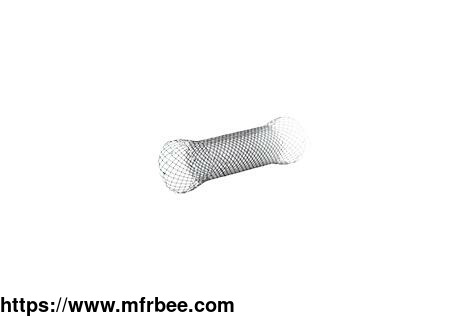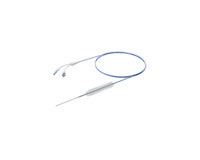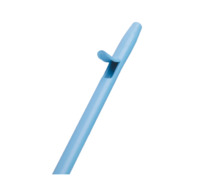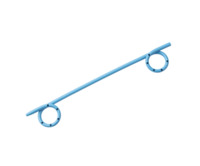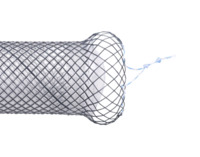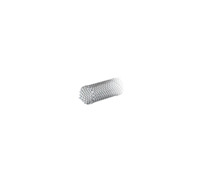Micro-Tech Endoscopy Nitinol Stents
Specifications
Every Nitinol Stents from the MICRO TECH Nanjing range is manufactured using high quality Nitinol wire. The “thermal memory effect” of Nitinol causes the released stent to unfold into its
predetermined dimensions at body temperature. It therefore adapts to the anatomy and achieves the desired dilation of the stenosis in an optimum manner.
Featured Nitinal Stents In Micro-Tech Endoscopy
Duodenal Stents
Esophageal Stents
Covered Esophageal Stents
Segmented Stents
Softcup Esophageal Stents
Anti-Reflux Esophageal Stents
Esophageal Stents
Intestinal Stents
Colonic and Rectal Stents
Intestinal Stents
Biliary Stents
Pancreatic Pseudocyst Stents
Pseudocyst Stents
Nitinol Stents FAQs
What Is A Intestinal Stent?
Intestinal stent is a mesh stent placed on the narrowed part of the intestine to expand the intestine to restore the patency of the narrowed or blocked part. It can be used as a permanent or
temporary treatment for malignant obstruction of colorectal cancer and creates conditions for elective surgery. The intestinal stent is suitable for patients with stenosis and obstruction of the
duodenum, small intestine, colon, and rectum and anastomotic stenosis due to the invasion, compression or other malignant lesions of advanced abdominal malignant tumors.
How Long Can Esophageal Stents Last?
The esophageal stent is generally placed for 3 to 6 months. After 3 to 6 months, the continuous expansion effect has appeared, and the symptoms of dysphagia have been relieved, so we took out the
stent. If the esophageal stenosis is caused by malignant tumors, such as esophageal cancer and cardia cancer, and surgery cannot be accepted, a fully covered esophageal stent is placed.
What Should I Eat After Getting An Esophageal Stent?
It is recommended that patients fast for 1-2 days after placing the esophageal stent. If saliva is secreted, you should not swallow. Generally speaking, on the third day, there are nutritious
liquid foods such as soy milk, milk, gravy, rice soup, etc. It should be administered in small amounts each time, about 200-300 ml. It is best to sit or semi-recumbent when eating, and use gravity
to reduce the time that food stays in the esophageal cavity and reduce adverse reactions.
If you want to know more kinds of endoscopic devices, please visit our website.
- Country: China (Mainland)
- Address: No. 10, Gaoke 3rd Road, National Hi-Tech Zone, Nanjing, China
- Contact: Derek Ding
